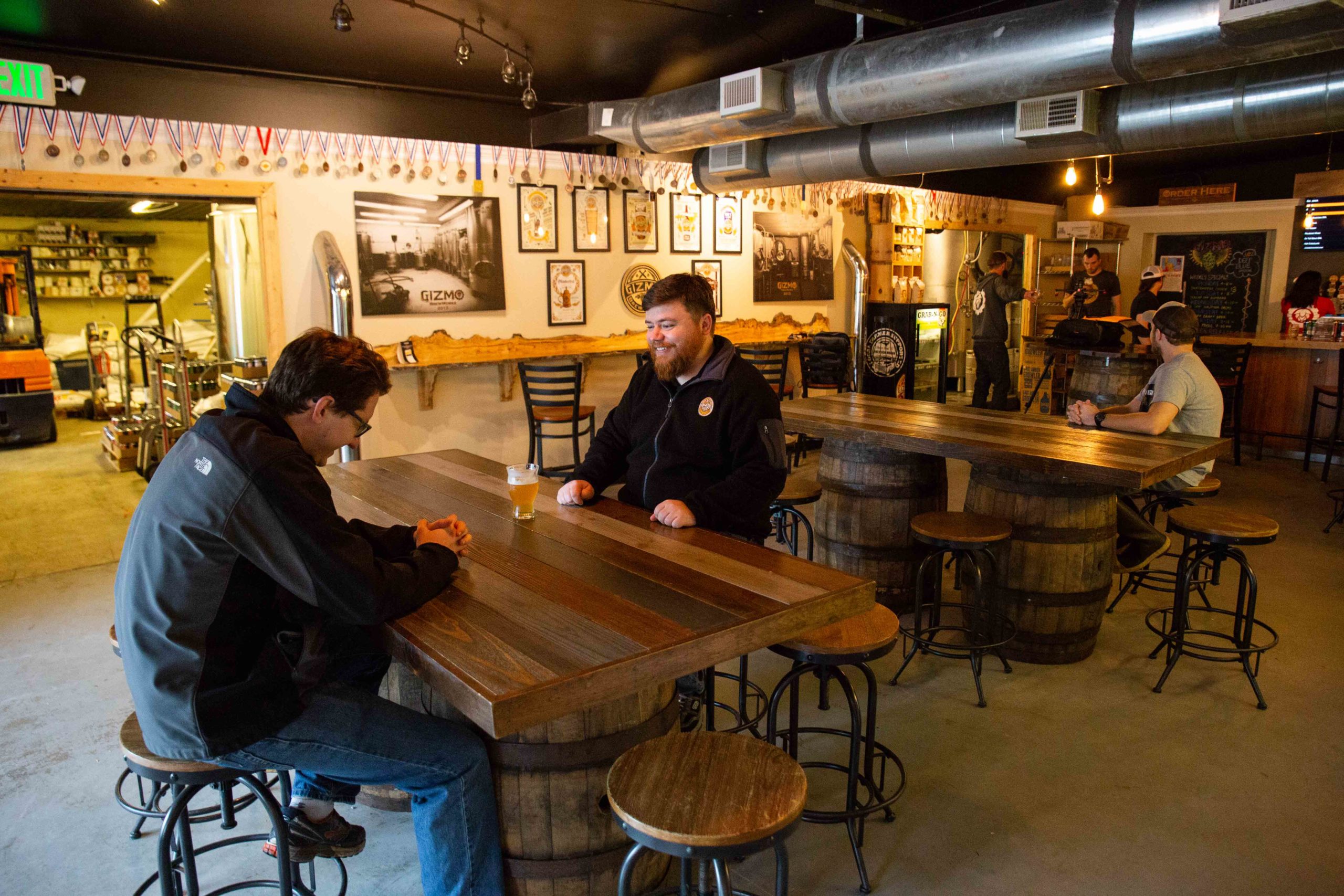We love reading success stories in the craft beer industry — there’s nothing quite like the feeling of camaraderie when you see a fellow brewer thriving. But what about those that don’t succeed? While it may be a taboo subject to talk about, breweries close all the time — more than 200 did in 2022, according to the Brewers Association. Let’s talk about some of the most common reasons breweries fail and how you can avoid them.
Lack of Business Expertise
The Problem
Many brewery owners get into the industry because they love drinking and brewing beer. But running a successful brewery requires strategic planning, financial tracking, and practical business skills — especially during challenging economic times. Managing a brewery without following sound business practices can lead to declining profits, a misaligned budget, and for some, failure.
The Solution
Making great beer is a really good start — just make sure you don’t forget about the business essentials. For some breweries, the answer is to bring on a partner with the same level of business expertise that you have in brewing. Others find consultants or mentors who can create a solid business plan and stay on top of goals. Another option is to seek out professional development opportunities to grow your own skills. Look into business classes through your local community college or university, check out online certifications, and look for trainings or conferences with the Brewers Association or your local brewers guild.

Improper Prep
The Problem
The work you put in ahead of opening your brewery is just as, if not more, important than the work you do when the doors are open. Getting your permits in order, seeking advice from your peers, selecting a location, deciding your product mix, etc. are all incredibly important tasks. One misstep could set you and your team back leaps and bounds.
The Solution
Be sure to enlist trusted advisors, brokers, lawyers, etc. during your planning process to set the stage for a successful opening. The planning process can be long and a lot can change while you’re at it — always be looking forward and stay ahead of the curve.
You should also prepare all the tools your team will use. From your POS system to your brewery management software, implementing and understanding how to use these systems ahead of time is a simple way for you and your team to feel ready and set up the right processes from the start. Make sure you put proper standard operating procedures in place for all the common tasks your team will be handling. You might not know everything you’ll need SOPs for right now, so make sure you add along the way as new things arise. Include everything from production tasks and inventory checks to how to use your brewery management software to keep track of it all.
Entering a Crowded Market
The Problem
Opening a brewery today is very different from opening a brewery 10 years ago. The space is incredibly crowded, and if you don’t have something that makes you unique and appealing, you might have more challenges from the start. It might have been enough to be scrappy and have great-tasting beer in 2013, but the bar is higher now. You have to stay sharp.
The Solution
Entering a crowded market might make things more challenging, but there are ways to stay ahead. First, find your niche. What makes your brewery unique? Consider where there are holes or white space in the market. That’s where your opportunity lies.
When you’re up and running, take the time to learn who your customers are. Having a persona in mind every step of the way will allow you to make smarter decisions when it comes to product lineup, events, and more. Developing a strong marketing strategy is another way to stand out. Take the time to make a plan and understand your target audience, your areas for opportunity, and what your goals are for marketing your business.

Relationship Stress & Personal Conflicts
The Problem
Owning a business puts a lot of stress on your personal and professional relationships, no matter which way you slice it. Plus, in an industry frequently fueled by shared passions, you might be doing business with your buddies. Add in long hours and other stressors, and that could be a recipe for disaster inside the business or at home.
The Solution
Take extra care of your relationships — in and out of the brewhouse — to set yourself up for success with a trusted support network. If the challenge is that you’re spending a lot of time away from your family and friends, be intentional about the time you do have to spend with them. You may also consider hiring more staff, changing up your hours, or bringing on a new partner to ensure you can maintain a work-life balance that works for you in the long term.
They say friends and business don’t mix, but there are a lot of examples that prove otherwise. Ensure that you keep it professional and respectful in all interactions and keep the lines of communication open. Get comfortable with setting boundaries and having direct communication with those who are closest to you.
Not Taking Good Advice
The Problem
Closing yourself off from others’ advice means closing your business off from innovation. Collective wisdom in business, and in the brewing industry in particular, is a powerful tool. If you could learn from someone else’s mistakes without making them yourself, why wouldn’t you? Plus, when you’re too proud to accept advice, you might make a costly mistake like messing up your equipment or hosting an event that lands the wrong way with your patrons. On top of the negative impacts on your business, being too stuck in your ways can also be detrimental to your professional relationships and keep you from expanding your circle.
The Solution
To put it simply, be a sponge. If a peer wants to give you a piece of advice, open up those ears. You never know when a problem might arise that their advice applies to, and it’s true what they say: hindsight is 20/20. You don’t need to take advice from anyone and everyone, but if someone with a reasonably similar experience or background opens up or wants to point out something you could do differently, there’s no harm in listening to what they have to say. You still get the final decision on how to run your business — with the benefit of more knowledge and ideas.
Timing
The Problem
Timing is everything. Whether you’ve just opened your doors or you’ve been up and running for 10 years, challenges can appear out of nowhere at the worst of times. Construction delays, financing challenges, a recession, a personal matter, or an essential partner stepping away can have big impacts on your business. You might not be able to control the timing of these issues, but you can control how you respond.
The Solution
When timing is not on your side, you can complain about the circumstances or you can make a plan to move forward. Successful breweries are the ones that can take challenges in stride. If money is the concern, we recommend staying on top of your numbers as much as possible and expanding your scope for revenue-generating ideas. Get creative and be resourceful to maximize your chances of success.
If you’re dealing with something personal, don’t be afraid to delegate. This business can be brutal, even without personal matters to attend to. If you need to close up shop for a few weeks or ask a few team members to step up, go for it. You hired a team for a reason!
In any event, you should get comfortable with the idea that you don’t have control over a lot of these things. If you could, you would, so don’t get too down on yourself about facing these challenges. Lean on a friend — everyone in the industry has faced tough times (and maybe they’ve faced the same challenge as you), so use that to your advantage.
No matter the circumstances, being an entrepreneur is inherently risky. There’s always a chance that this thing might not work out — and that’s okay! Like we said, this happens all the time. We hope this post provided you with some ideas and inspiration to avoid common pitfalls and get on the right track.



